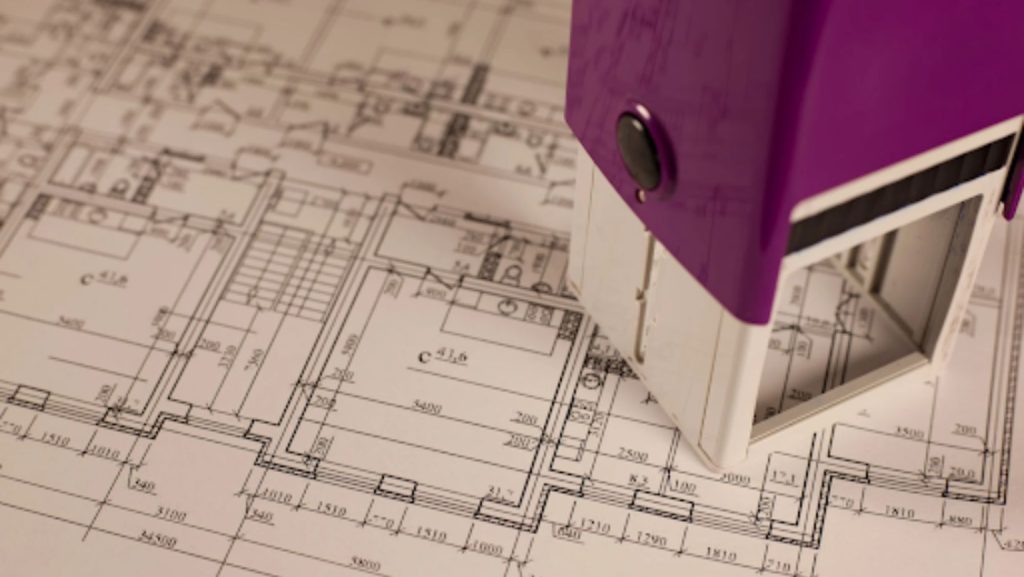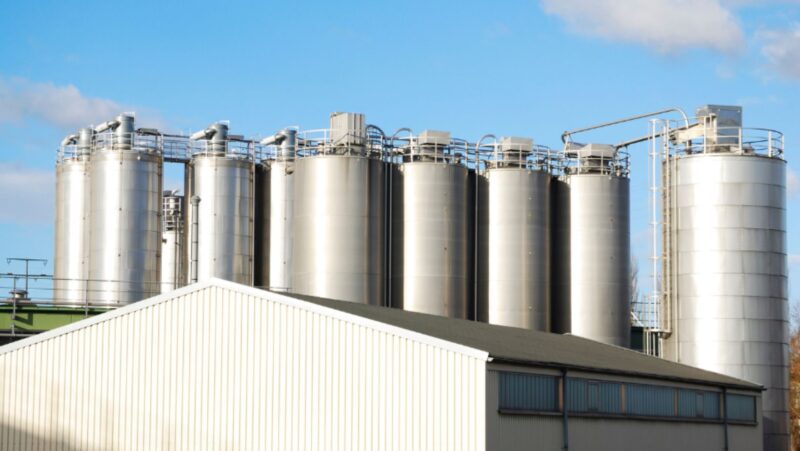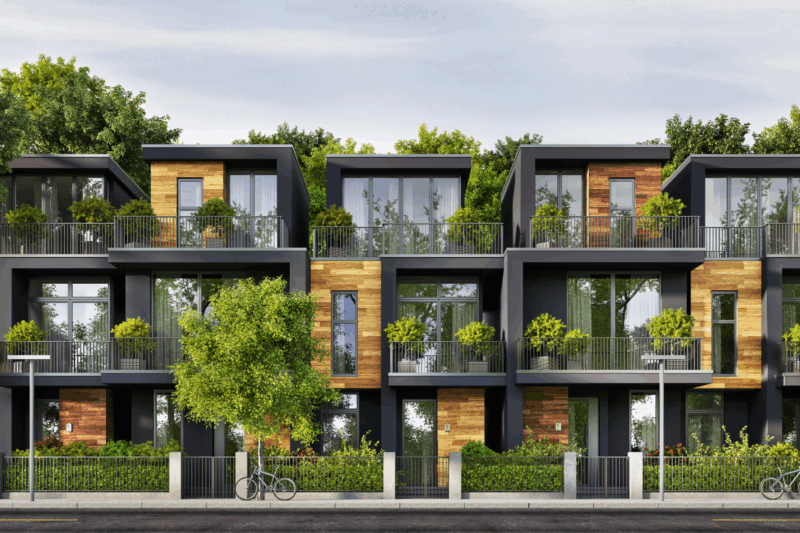
Navigating the construction industry’s labyrinth of regulations and permits can often feel like a job. Zoning permits are a crucial piece of the puzzle when it comes to ensuring the lawful and appropriate use of land. If you’re embarking on a construction or development project, understanding these permits is not just beneficial; it’s essential.
In this comprehensive guide, we’ll cover everything you need to know about zoning permits, from what they are and how to obtain them to why they’re vital for your project’s success.
The Backbone of Development: Zoning Permits Explained
Zoning permits set the stage at the very start of development planning. But what are they, precisely? Zoning permits are official documents issued by the local government or municipal authorities that grant permission to construct, improve, or use property in a specific way within a designated zoning district.
Zones are areas within a local community designated for specific land use types. This is important because, only with zoning permits can local governments regulate how land is used and prevent incompatible uses from co-existing. As such, zoning permits protect the integrity of a community while promoting its growth and development.
In Colorado, accurate land surveying Colorado is a crucial first step in the zoning process. By identifying property boundaries and topographical features, surveying professionals help ensure that proposed developments align with local zoning laws and avoid costly disputes or delays.
Unveiling the Different Types of Zoning Permits
Zoning permits are not a one-size-fits-all concept. The type of permit you need depends on the type of property you are working with and the nature of your project. Let’s look at the three primary categories:
Residential Zoning Permits
Residential zoning permits come into play for those looking to build or renovate a home. These often include minor items like putting up a fence and complex projects like building an addition to your home. They ensure that your project is in line with the neighborhood’s character and safety standards.
Commercial Zoning Permits
The rules for commercial properties are often stricter and more complicated. Businesses looking to expand or renovate need commercial zoning permits to ensure the proposed work meets the local area’s commercial regulations.
Industrial Zoning Permits
The most restrictive of the three industrial zoning permits are stringent and detailed. Projects involving heavy machinery or significant operations must undergo rigorous zoning checks.
These distinctions exist to safeguard the quality of life in residential areas, maintain the stability of commercial zones, and regulate the heavy use of land in industrial areas.
The Journey to a Zoning Permit
The road to obtaining a zoning permit can be long and complex. Let’s break down the process into manageable steps:
Researching Zoning Regulations
Understanding what your local zoning laws permit is the first step. Zoning ordinances dictate what can be built, how it can be built, and where it can be built.

Familiarize yourself with these regulations to determine if your project fits within the guidelines.
Submitting an Application
You must prepare and apply once you’re clear on the zoning rules. The process usually involves providing detailed plans for your proposed project. Be ready to justify how your plans fit within the zoning requirements.
Zoning Board Analysis
In some cases, your application will be analyzed by a zoning board or commission. This body will assess your proposal and determine whether a permit should be granted. Public hearings may be part of this step, depending on your local requirements.
Approval or Denial
After analysis, you’ll receive a decision on your application. If approved, you can move forward with your project. You’ll need to address the board’s concerns or revise your plans if denied.
Meeting Common Zoning Permit Requirements
Zoning permits come with specific stipulations you must adhere to in your project. Here are a few that commonly arise:
Building Codes and Regulations
Your construction or renovation must meet all necessary building codes and safety regulations, which include various inspections throughout the project.
Setback and Height Restrictions
These regulations determine how close a structure can be built to the property line and how high it can go. The rules help ensure that new developments are in harmony with the surrounding area.
Parking and Access Requirements
A zoning permit for commercial developments is highly dependent on sufficient parking and proper access for emergency vehicles.
Environmental Considerations
Environmental factors can be significant, especially when a project involves wetlands, historic districts, or endangered species habitats. Separate permits or ecological assessments may be necessary.

Zoning permits may seem like burdensome red tape, but they exist for good reason. They protect the community’s integrity, manage growth, and ensure that new developments are in the public’s best interest. For any construction or development project, obtaining the right zoning permits is as critical as laying down a solid foundation; it sets the trustworthy groundwork for all future progress. Understand the process, prepare meticulously, and comply diligently. It’s not merely an administrative task; it’s the blueprint for success.












